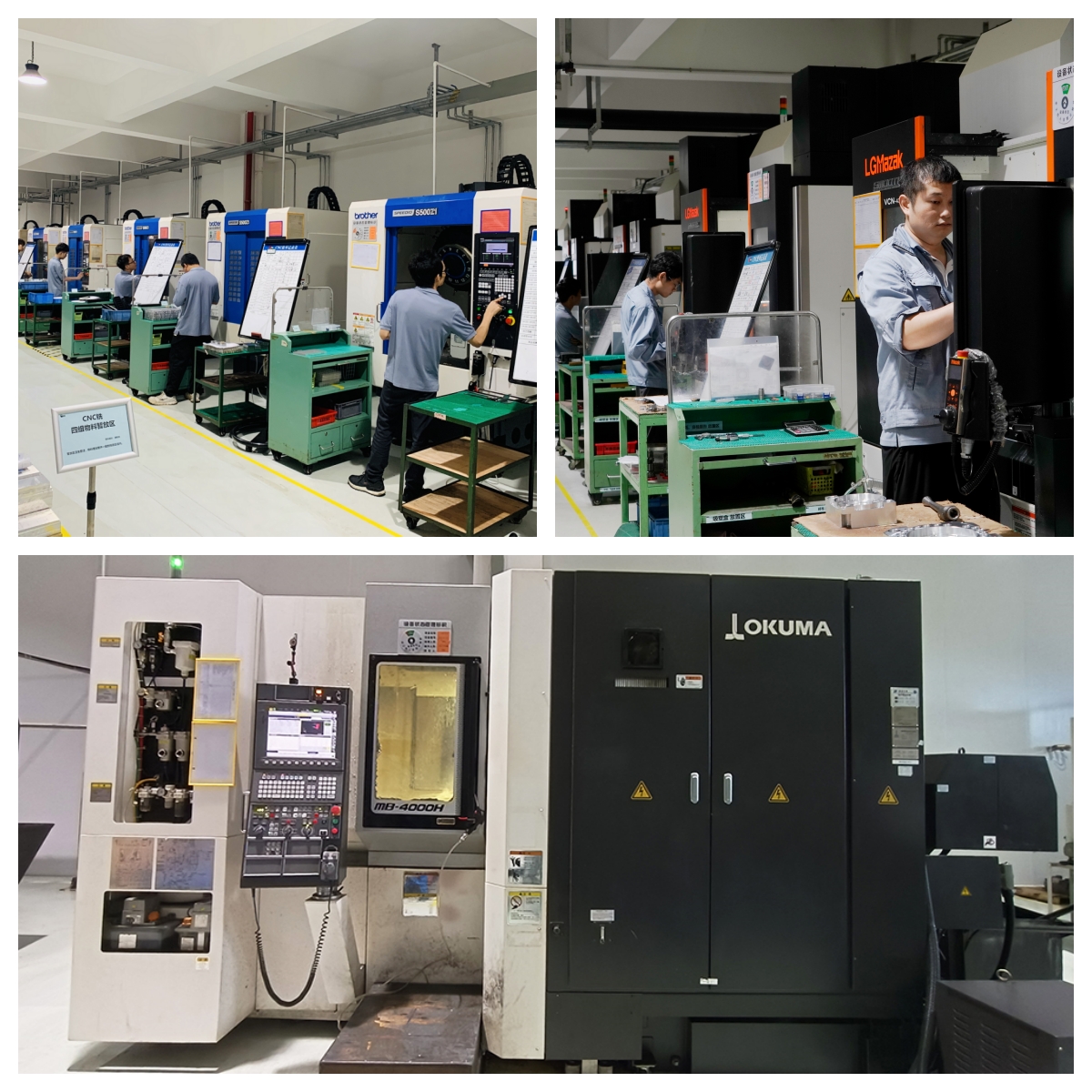On CNC milling machines, drills, reamers, taps and other tools can be used to perform operations such as drilling, expanding holes, reaming and tapping. CNC milling machine hole processing has the advantages of high precision, high efficiency and high degree of automation, and is widely used in machinery manufacturing, aerospace, automobile manufacturing and other fields.
1. Overview of CNC Milling Machine Hole Processing
Definition and working principle
CNC milling machine hole processing is a processing method that uses CNC machine tools to make precise holes. Its working principle is based on the computer numerical control system, which controls the motion trajectory, speed and feed rate of the milling machine through programming to achieve precise cutting of metal materials. This highly automated processing method not only improves production efficiency, but also ensures the stability of processing quality.
Comparison between CNC milling machine hole processing and traditional hole processing methods
Compared with traditional hole processing methods, CNC milling machine hole processing has significant advantages. Traditional hole processing mostly relies on the skills and experience of operators, while CNC milling machines automatically complete processing tasks through preset programs, reducing human errors and improving processing accuracy. In addition, CNC milling machines can handle more complex workpiece shapes and adapt to diverse production needs.
Types and technical features of hole processing
The types and technical features of hole processing are rich and varied. Common types of hole processing include drilling, reaming, boring and tapping. Each type of hole processing has its own unique technical requirements and application scenarios. For example, drilling is mainly used to make cylindrical holes; reaming is used to improve the dimensional accuracy and surface finish of existing holes; boring can produce holes with larger diameters; and tapping is an indispensable process in the production of internal threads. These different hole processing technologies together constitute the technical system of CNC milling machine hole processing, providing strong support for modern manufacturing.

2. Advantages of CNC milling machine hole processing
Guarantee of accuracy and repeatability
CNC milling machines can achieve extremely high processing accuracy at the millimeter or even micron level through precise programming control. This accuracy makes each processed hole almost identical, ensuring the interchangeability and assembly quality of parts.
Significant improvement in processing efficiency
CNC milling machines can complete the same amount of work in less time than traditional manual or semi-automatic milling machines. They can work continuously without frequent manual intervention, greatly shortening the production cycle and improving overall production efficiency.
Capability of complex parts processing
For parts with complex geometries and multiple hole locations, CNC milling machines can easily cope with them. Their multi-axis capabilities allow for drilling and milling operations at complex angles, meeting the needs of high-end manufacturing for precision parts.
Reduction of material waste and cost control
The precise processing of CNC milling machines reduces material waste caused by errors. Through optimized path planning and cutting strategies, raw materials can be used to the maximum extent, thereby reducing production costs.
Capability of complex parts processing
For parts with complex geometries and multiple hole locations, CNC milling machines can easily cope with them. Their multi-axis capabilities allow for drilling and milling operations at complex angles, meeting the needs of high-end manufacturing for precision parts.

GPM has advanced production equipment and precision instruments, equipped with five-axis, four-axis and three-axis CNC machine tools to meet the processing needs of complex parts. We have an experienced and skilled technical team. The team members include engineers, technicians and operators. They not only have professional theoretical knowledge, but also have rich practical experience. This team can solve complex technical problems, continuously optimize process flow, and improve product quality and production efficiency.
In terms of quality control, GPM implements a strict quality management system to ensure that every link of the product from raw material procurement to production and processing to final inspection meets high standards of quality requirements. In addition, we are also equipped with professional quality testing equipment, such as three-coordinate measuring machine, hardness tester, roughness tester, etc., for accurate measurement and control of product quality.
Post time: Aug-27-2024
